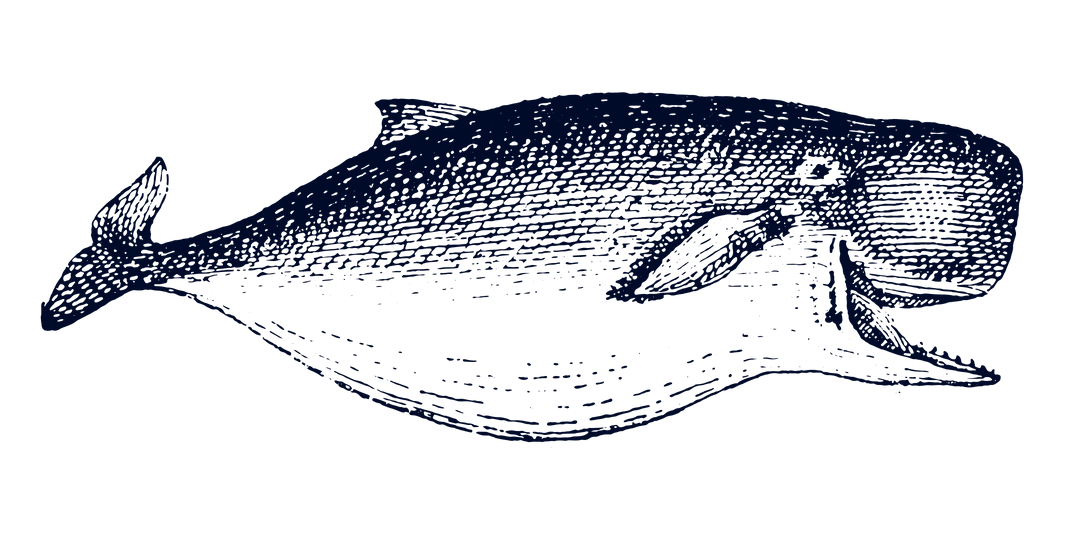Oppressed people cannot remain oppressed forever. The yearning for freedom eventually manifests itself, and that is what has happened to the American Negro. Something within has reminded him of his birthright of freedom, and something without has reminded him that it can be gained.
Consciously or unconsciously, he has been caught up by the Zeitgeist, and with his black brothers of Africa and his brown and yellow brothers of Asia, South America and the Caribbean, the United States Negro is moving with a sense of great urgency toward the promised land of racial justice. If one recognizes this vital urge that has engulfed the Negro community, one should readily understand why public demonstrations are taking place.
The Negro has many pent up resentments and latent frustrations, and he must release them. So let him march; let him make prayer pilgrimages to the city hall; let him go on freedom rides -and try to understand why he must do so. If his repressed emotions are not released in nonviolent ways, they will seek expression through violence; this is not a threat but a fact of history.
So I have not said to my people: ‘Get rid of your discontent.’ Rather, I have tried to say that this normal and healthy discontent can be channeled into the creative outlet of nonviolent direct action. And now this approach is being termed extremist. But though I was initially disappointed at being categorized as an extremist, as I continued to think about the matter I gradually gained a measure of satisfaction from the label.
Was not Jesus an extremist for love: ‘Love your enemies, bless them that curse you, do good to them that hate you, and pray for them which despitefully use you, and persecute you.’ Was not Amos an extremist for justice: ‘Let justice roll down like waters and righteousness like an ever flowing stream.’ Was not Paul an extremist for the Christian gospel: ‘I bear in my body the marks of the Lord Jesus.’ Was not Martin Luther an extremist: ‘Here I stand; I cannot do otherwise, so help me God.’ And John Bunyan: ‘I will stay in jail to the end of my days before I make a butchery of my conscience.’ And Abraham Lincoln: ‘This nation cannot survive half slave and half free.’ And Thomas Jefferson: ‘We hold these truths to be self evident, that all men are created equal . . .’
So the question is not whether we will be extremists, but what kind of extremists we will be. Will we be extremists for hate or for love? Will we be extremists for the preservation of injustice or for the extension of justice? In that dramatic scene on Calvary’s hill three men were crucified.
We must never forget that all three were crucified for the same crime–the crime of extremism. Two were extremists for immorality, and thus fell below their environment. The other, Jesus Christ, was an extremist for love, truth and goodness, and thereby rose above his environment. Perhaps the South, the nation and the world are in dire need of creative extremists.
Martin Luther King, Jr, Letter from Birmingham Jail



Get blog updates in your inbox!
Join my mailing list to receive the latest posts about creative visuals in worship, sermons, and more from revjonchapman.com.
You have Successfully Subscribed!